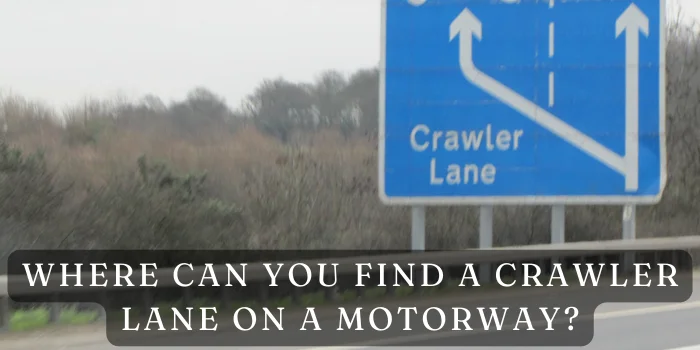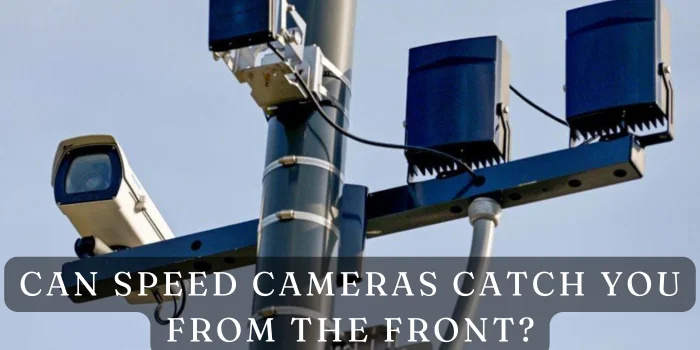Are Traffic Camera Fines Enforceable in the UK?
Have you ever driven past a traffic camera and wondered, “Will this fine actually stick?” Let’s clear the air. In the UK, traffic cameras are everywhere—on motorways, at busy junctions, even in unmarked vans. But what happens if you’re caught? Are these fines just scary letters, or do they have real legal power? Let’s dive in.
Understanding Traffic Cameras
Traffic cameras are automated tools that monitor Road Activity. They snap photos or record videos of vehicles breaking traffic laws, like speeding or ignoring red lights. These devices work around the clock, with no breaks or holidays.
The UK uses several types of cameras:
- Fixed speed cameras: Permanent installations, often in high-risk areas.
- Mobile speed cameras: Mounted in police vans or temporary setups.
- Red light cameras: Triggered when a car crosses the line after the light turns red.
- Average speed cameras: Track your speed over a stretch of road, not just a single spot.
The Legal Backbone of Traffic Fines
Traffic camera fines aren’t random. They’re rooted in UK law. The government authorizes cameras to enforce speed limits and improve road safety. Key laws include the Road Traffic Offenders Act 1988, which allows camera evidence as proof of violations, and The Traffic Signs Regulations and General Directions 2016, which mandates clear signage near cameras. If a camera catches you, it’s not a suggestion—it’s legally binding.
How Traffic Camera Fines Work
Here’s the step-by-step process:
- A camera detects a violation (e.g., speeding).
- The registered vehicle owner gets a Notice of Intended Prosecution (NIP) within 14 days.
- You must confirm who was driving and either pay the fine or dispute it.
If you ignore the NIP, penalties escalate. Authorities cross-check your license plate with DVLA records to ensure accuracy.
Are These Fines Truly Enforceable?
Yes. Courts uphold traffic camera fines if procedures are followed correctly. For example, if the NIP arrives late or lacks critical details, you might challenge it. But if everything’s in order, paying up is your best bet.
Ignoring a fine leads to bigger problems:
- Fines can rise to £1,000 for speeding.
- You might receive a court summons.
- Penalty points (6+ points risk a license ban).
Who Enforces Traffic Camera Fines in the UK?
In the UK, enforcing traffic camera fines is a tightly regulated process. Let’s break down who’s involved and how it works:
- Local Police Forces:
Most traffic cameras, especially those monitoring speeding or red-light violations, are managed by regional police forces. For example, the Metropolitan Police oversee cameras in London, while county-level forces handle enforcement in other areas. When a camera detects a violation, the footage or data is sent to the relevant police unit. They verify the offense, cross-check the vehicle’s registration with the DVLA database, and issue the fine. Police also handle follow-up actions, such as court referrals for unpaid fines. - Local Councils:
Councils play a role in enforcing fines for specific violations, such as driving in bus lanes, parking offenses, or breaking low-emission zone rules. For example, a council might use cameras to catch drivers illegally using bus lanes in city centers. However, councils cannot issue fines for speeding—only police have that authority. - Private Companies:
Private firms are often contracted to install, maintain, or repair cameras. They might also store data or manage technical systems. However, they cannot issue fines or make enforcement decisions. Their role is purely administrative. For instance, a company might ensure a speed camera is operational, but if it catches a speeding car, the data goes straight to the police—not the company.
Challenging a Traffic Camera Fine
Common disputes include claims like “The camera was hidden!” or “The sign was faded!” These arguments rarely succeed unless you prove procedural errors. To challenge a fine:
- Request camera calibration records.
- Check if signs were visible and compliant.
- Prove someone else was driving.
Success is unlikely without strong evidence.
Paying a Traffic Camera Fine
You can pay online, by post, or over the phone. Pay within 28 days for a 50% discount (e.g., £50 instead of £100). Missing deadlines means losing the discount and risking higher penalties.
Do Cameras Always Identify the Right Driver?
Cameras capture license plates, not faces. The vehicle owner must name the driver. Refusing to identify the driver is a separate offense (“failure to identify”), leading to fines or court action.
Penalty Points vs. Fines
- Fines: Immediate financial penalty.
- Points: Added to your license. Collect 12+ points in three years, and you’ll lose your license.
Recent Updates to Camera Enforcement
In 2022, the Highway Code updated rules around camera visibility. Authorities must now ensure cameras are clearly signed—no more “hidden” traps. This aims to balance enforcement with transparency.
Public Views on Traffic Cameras
Opinions are split. Surveys show 52% support cameras for safety, while 48% see them as “cash cows.” Critics argue fines prioritize revenue over safety, while supporters credit cameras for reducing accidents.
UK vs. Other Countries
- USA: Laws vary by state; some require an officer’s presence to issue fines.
- Germany: Fines are steeper, but cameras are less common.
- Australia: Similar to the UK, but penalties are higher.
Debunking Myths About Traffic Fines
- Myth 1: “Private cameras can issue fines.”
Truth: Only police or councils issue fines. Private cameras lack enforcement power. - Myth 2: “Going 1 mph over the limit won’t trigger a fine.”
Truth: Most cameras enforce limits strictly, though some police forces allow a 10% + 2 mph buffer.
Conclusion
Traffic camera fines in the UK are enforceable—and hard to dodge if you’re guilty. Pay promptly, follow the rules, and keep your license clean. Safe driving isn’t just legal; it’s smarter.
FAQs
Can I ignore a traffic camera fine?
No. Ignoring it leads to higher fines, court action, or license loss.
How do I dispute a fine without evidence?
Request camera logs or signage photos. Without proof, chances are low.
Do all speed cameras allow a 10% buffer?
Most police forces use this guideline, but it’s not a legal right.
Will a fine increase my insurance costs?
Yes. Penalty points often lead to higher premiums.
Can a passenger get fined?
No. Fines go to the driver, as identified by the vehicle owner.




